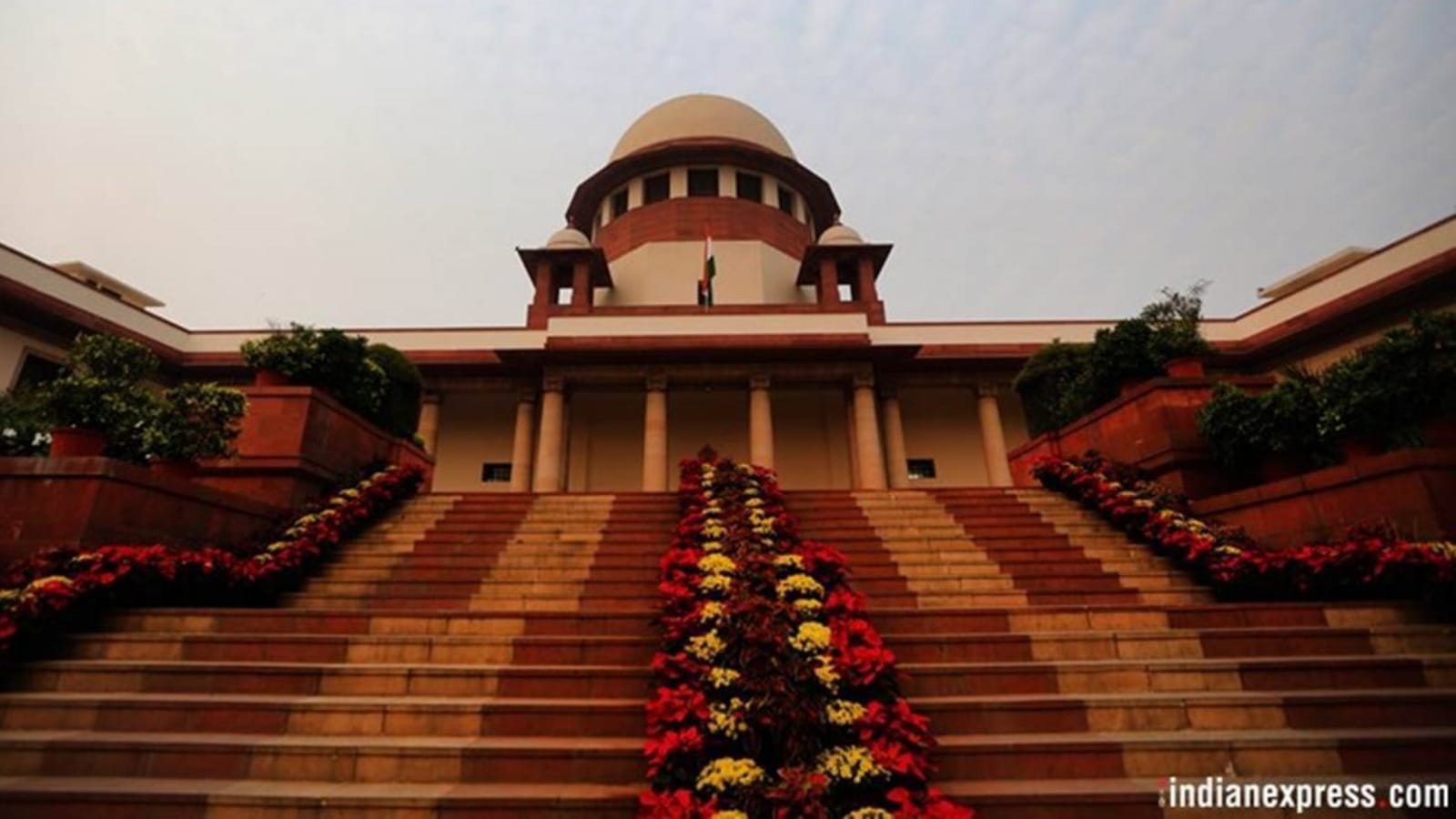ARTICLE AD BOX
 “The government is committed to ensure that access to green and clean energy is not a privilege of the few but a right of all,” said Joshi.
“The government is committed to ensure that access to green and clean energy is not a privilege of the few but a right of all,” said Joshi.
India had added 23 GW of new renewable electricity capacity in the first five months of the current fiscal year, and was on track to double this in the next seven months, Pralhad Joshi, Minister for New and Renewable Energy said on Tuesday.
“So far, in this fiscal, India has added 23 GW of renewable capacity in five months. I am quite certain that another 23 GW of (renewable) capacity (addition) would be achieved in the next seven months,” Joshi said, while speaking at the Energy Transition Summit India organised by the British daily Financial Times.
If that happens, it would be a new record for new renewable energy capacity addition in any year.
Last fiscal year, India had added about 30 GW of renewable energy capacity, the maximum it has managed in any year. India’s non-fossil fuel based electricity generation capacity has now touched 252 GW, more than half of the total installed electricity capacity. This has also resulted in India achieving one of the key climate commitments it had made under the Paris Agreement, five years ahead of the deadline.
“The government is committed to ensure that access to green and clean energy is not a privilege of the few but a right of all,” said Joshi.
He also revealed that about 2 million households had already installed roof-top solar units under the newly launched PM Suryaghar Yojana, which aims to reach 10 million households.
“About two million homes have already installed rooftop solar. This year, with some policy changes, we are hoping that another three million households will take the benefit of this government scheme. Then in another one or two years, we will be able to achieve the 10 million household target,” the minister said.
Story continues below this ad
Joshi said the government was working on a policy change to ensure that houses with small rooftop areas, not conducive to install standalone solar units, were also able to benefit from the scheme. For this purpose, installation of multiple units on a large rooftop serving multiple houses could be made eligible for the scheme.
“Schemes like PM Suryaghar and PM Kusum (installation of solar pumps for irrigation) also allow people to generate additional income by selling excess electricity to the grid. These are good steps not just for climate sustainability but also the financial stability of the people,” he said.
The minister said the government was also committed to make India a manufacturing hub for green hydrogen.



.png)
.png)
.png)

























 English (US) ·
English (US) ·